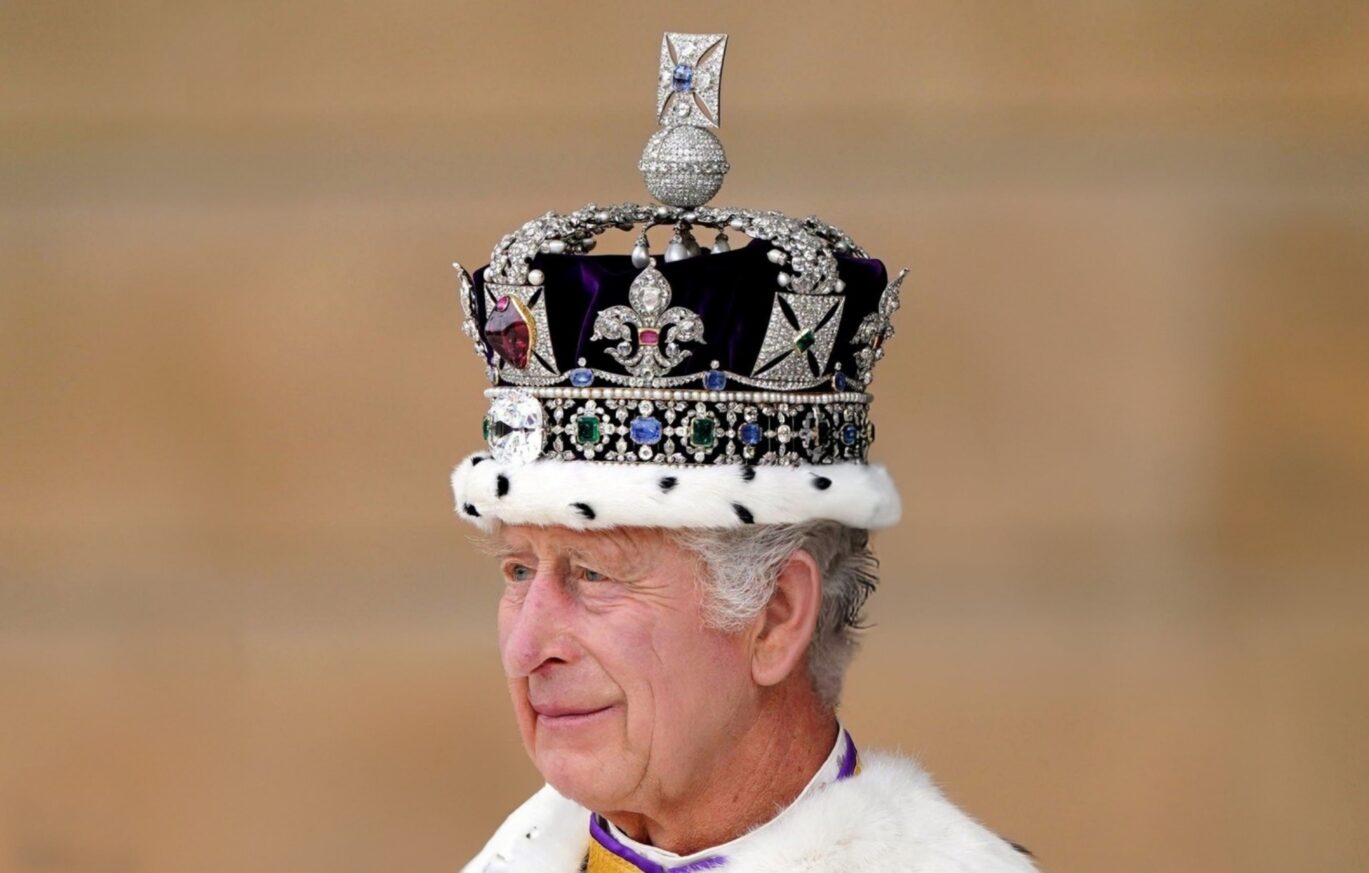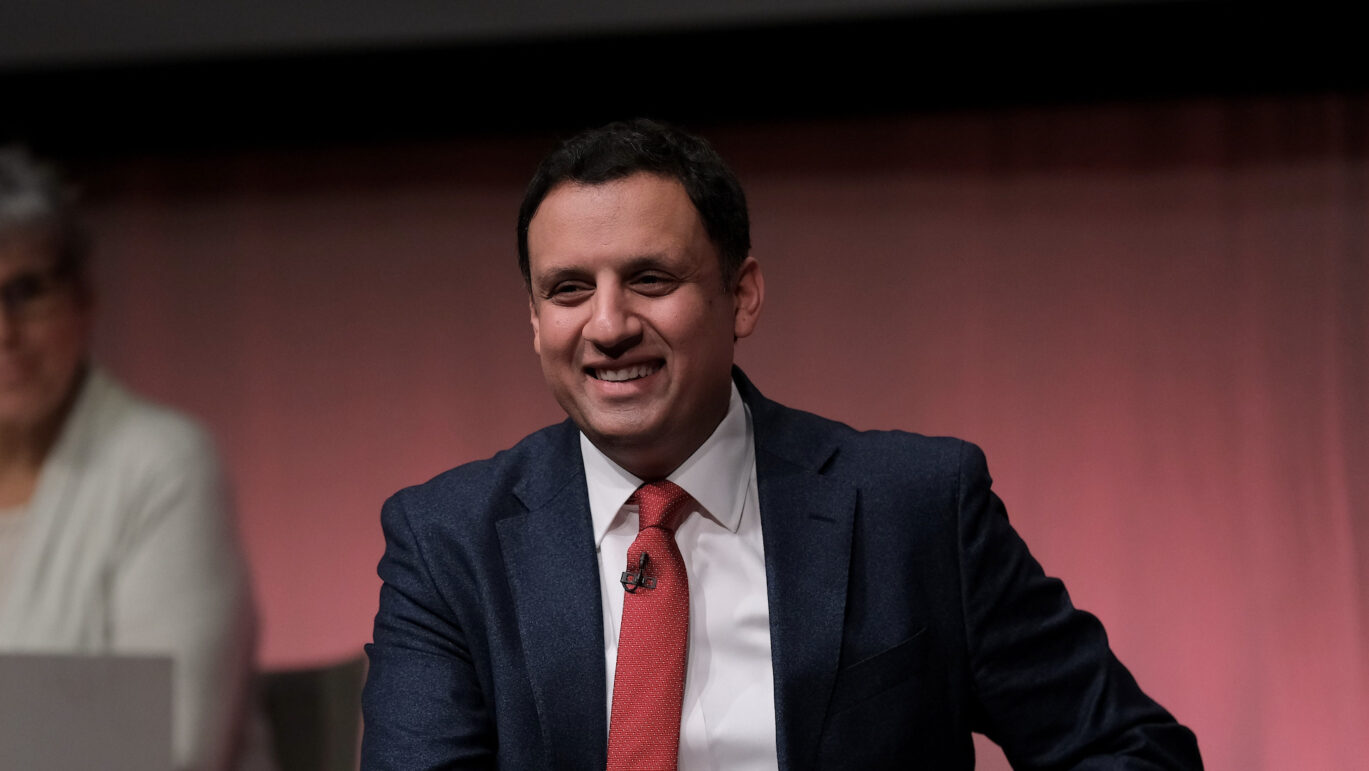Scottish Labour were expected to win in Rutherglen and Hamilton West, but trouncing the SNP by a 9,446 margin, winning almost 60% of the votes cast, exceeded even their wildest expectations.
While Labour strategist will be dreaming of these sort of numbers playing out in a General Election next year, how confident can they be when extrapolating the figures? And after a difficult loss following a bruising few months for the SNP is it possible to stem the tide running against them?
True North’s Senior Advisor Andrew Liddle unpicks the results below.
By-election victories can often be fleeting, having little to no bearing on future election performance. But Scottish Labour’s victory at the Rutherglen and Hamilton West by-election feels like a notable exception.
Firstly, there is the party-political picture. In the last six months, polls have repeatedly suggested Scottish Labour is in line for a resurgence, but party strategists have remained cautious about prematurely pronouncing the party is back on track after a decade or more wandering the wilderness. Now, however, the Rutherglen and Hamilton West result provides physical proof – albeit on a low turnout — that voters are actually returning to the party. This will give Scottish Labour vital momentum – and the initiative – going into a crucial General Election year.
Secondly, there is that broader electoral picture. Unlike many of the recent by-election contests in England, Rutherglen and Hamilton West can be considered a bellwether by-election. Certainly, the constituency make-up is markedly similar to perhaps a dozen other key battlegrounds between Scottish Labour and the SNP elsewhere in the Central Belt.
Predicting national results from specific by-elections is risky, and there were mitigating local factors at play here, particularly the circumstances of the former MP Margaret Ferrier’s dismissal. Nevertheless, the Rutherglen and Hamilton West by-election proves that voters are moving back to Scottish Labour in big numbers, potentially putting swathes of the Central Belt seats currently held by the SNP in play at a General Election.
Finally, and most importantly, there is the impact this defeat will have on the SNP itself. Humza Yousaf has already pointed to the circumstances of the vote – Ferrier’s dismissal and the ongoing police investigation into party finances – as mitigation. Such deflection in the face of a thumping two-to-one defeat will not satisfy his internal critics.
With the SNP’s annual conference in Aberdeen just a week away, it is likely the party’s controversial pact with the Scottish Green Party will come under renewed scrutiny. Equally, the party’s MPs – whose jobs are most evidently and immediately at risk following the Rutherglen and Hamilton West result – may also become more restive.
The question is whether further internal wrangling will result in a positive change of direction, or merely convince more voters the SNP is heading for defeat. Either way – and unlike many other by-elections – it seems as if the Labour victory in Rutherglen and Hamilton West has heralded a sea change in Scottish politics.
Meanwhile, politics has not been static elsewhere in the UK either.
Over the autumn conference season, Prime Minister Rishi Sunak has begun to flesh out dividing lines with Sir Keir Starmer, particularly around net zero.
By delaying specific targets – as well as scrapping the totemic HS2 in favour of local infrastructure investment – Sunak is gambling that he can win over voters who feel increasingly remote from Westminster politics.
But by positioning himself as the change candidate, Sunak also risks reminding voters of Conservative Party failings less than a year away from a General Election. With his party’s UK conference kicking off in Liverpool this weekend, it is now down to Starmer to fend off Sunak’s attempt to seize the initiative and keep the momentum behind Labour.










